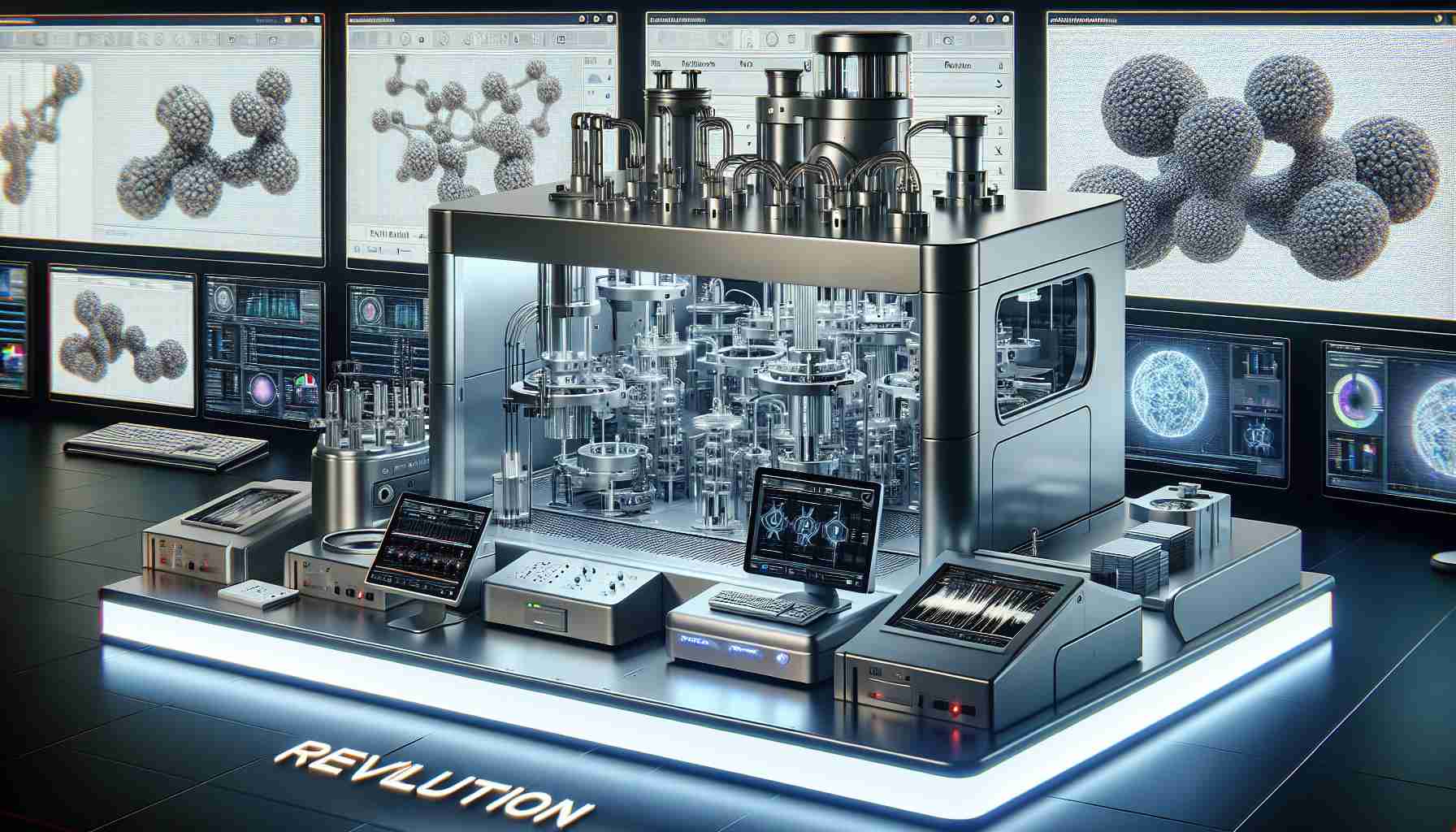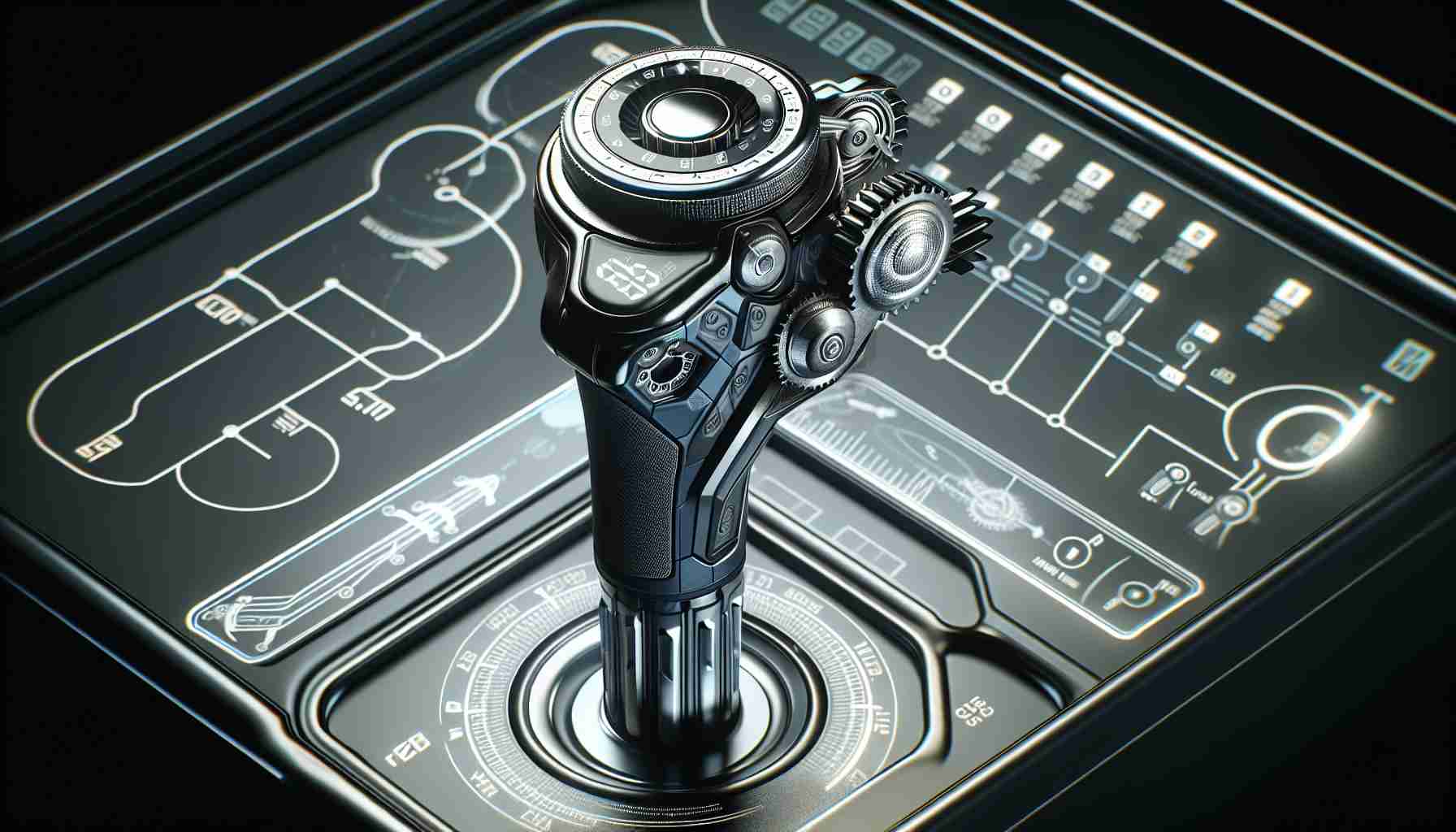Protein engineering is a field with immense potential in various scientific and medical domains, but it faces significant challenges. The traditional methods of designing proteins with novel or improved functions are slow, laborious, and inefficient, hindering progress in exploiting its full capacity.
However, researchers at the University of Wisconsin–Madison have introduced a groundbreaking solution: the Self-driving Autonomous Machines for Protein Landscape Exploration (SAMPLE) platform. This innovative approach integrates an intelligent agent with a fully automated robotic system to enhance protein engineering.
The SAMPLE platform operates through a collaborative process. The intelligent agent designs new proteins while learning about the sequence-function relationships, while the robotic system performs experiments and provides feedback.
The researchers conducted 10,000 simulated protein engineering trials using the SAMPLE platform, focusing on cytochrome P450 data. To select protein sequences for testing, they employed various Bayesian optimization (BO) methods. The thermostability of the engineered proteins served as a measure of the methods’ effectiveness. The study also explored batch testing and identified some advantages in smaller batch experiments. A Gaussian Process (GP) model trained on sequence-function data guided the agent’s design decisions, ensuring robustness and reliability through multiple layers of exception handling and quality control.
Remarkably, the SAMPLE platform successfully identified glycoside hydrolase enzymes that exhibited significantly improved stability compared to the initial sequences. These machine-designed proteins displayed at least a 12°C increase in thermal tolerance. Interestingly, the top sequences identified by each agent were unique but eventually converged to the same region in the fitness landscape, indicating the attainment of the global fitness peak. Confirmation from human characterization further validated the enhanced thermostability and maintained catalytic activity of the machine-designed proteins.
The SAMPLE platform represents a significant leap forward in protein engineering, showcasing the potential of self-driving laboratories to automate and expedite scientific discovery. Its integration of learning, decision-making, and experimentation in a fully autonomous manner marks a substantial improvement over previous semi-autonomous systems. This systematic approach underscores the synergy of intelligent computational design, automated experimentation, and precise data management in advancing protein engineering.
With the SAMPLE platform’s capabilities, the future of protein engineering holds the promise of accelerated progress and innovative discoveries in chemistry, energy, medicine, and beyond.













